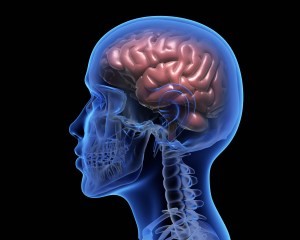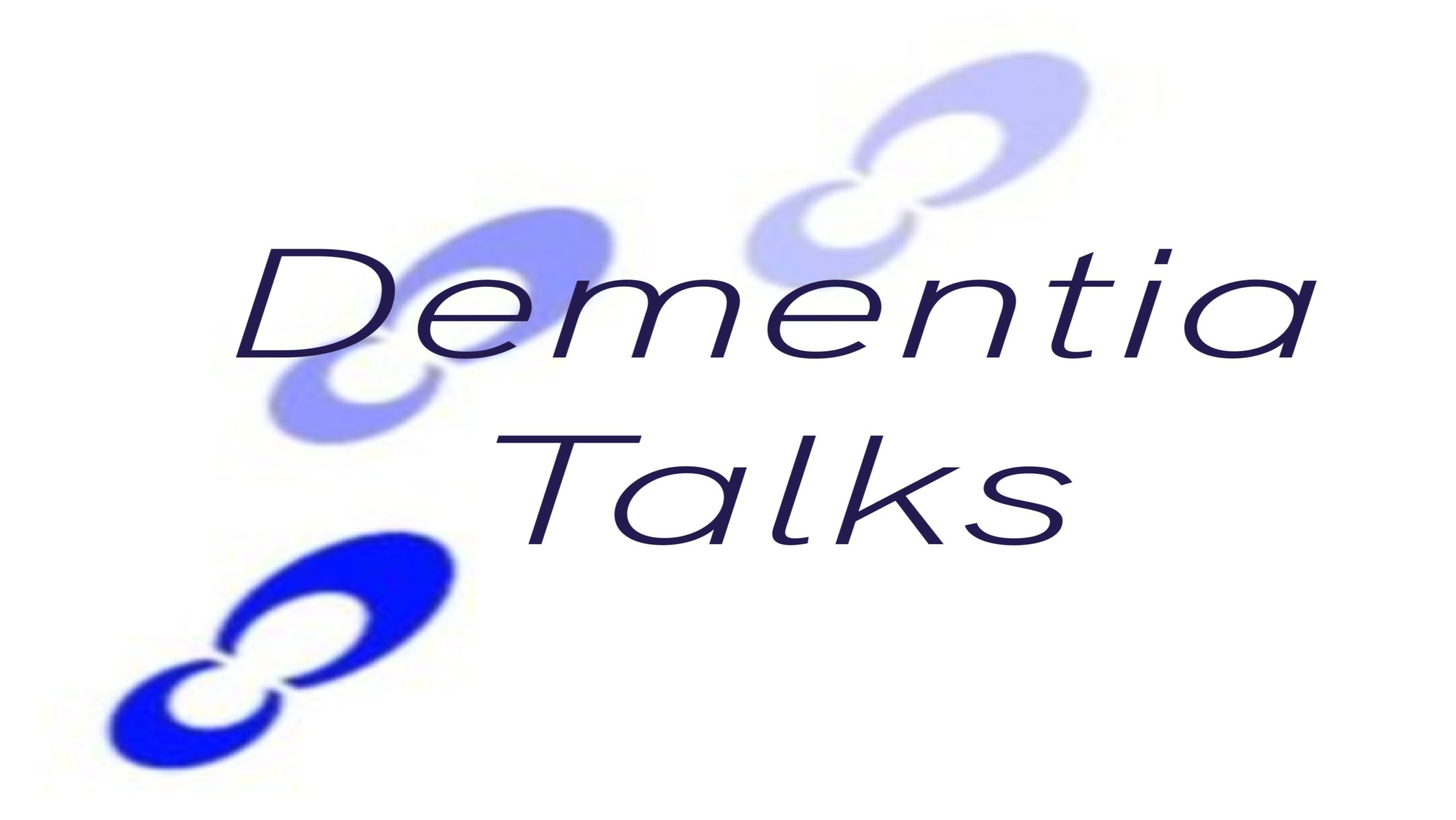Credits to Mylea Charvat PhD from Psychology Today
Today’s focus on Dementia Talks and Wanderinglite.com is on what constitutes dementia or five things you need to know about dementia. I want to spend some time talking about what dementia is and what dementia isn’t or better said the difference between dementia and aging.
I’m going to draw from a Psychology Today article that was recently written by Myleas Charvet, PhD that did a great good job of outlining the five points that I’ll covered today. So not to plagiarize I want to give full credit to Psychology Today and the Article 5 Facts You Need to Know about Dementia I have provided the link so you can read her article.
1 – Alzheimer’s is a type of dementia

The first point in the article is Alzheimer’s is a type of dementia and that all dementia is not Alzheimer’s. In another words, all people who have Alzheimer’s have dementia, but not all people who have dementia have Alzheimer’s.
Dementia is the Broad Term
Dementia is this broad term that covers many types of dementia, including Alzheimer’s or Lewy body dementia, which is what I have. It includes vascular dementia, frontal trauma and a number of other types of dementia. These can also be mixed so you could have a form of vascular and also Alzheimer’s, which would be a terrible combination, but it is possible.
So, dementia is not just about memory loss, memory loss is a normal part of the aging process. We all have memory loss. We all have these occasions when we go to the refrigerator, forgot what we were going for, or go into the bedroom to get something and then we’ve forgotten why we went in there. These are normal issues we face with aging.
The difference between that and dementia is cognitive memory loss and and/or short or long-term memory loss in the case of Alzheimer’s. The physical shrinking of the brain causes this. So progression within a specific type like Vascular Dementia vs Alzheimer’s is about the damage to the brain.
- It happens faster than the other and faster than normal aging.
- It happens in specific ways based on the way the disease damages the brain. Which helps the diagnostics because of the specific change it causes to the individual
- It manifests itself in diverse ways, so again, knowing what type of dementia you have is important.
2 – Not all Memory Loss is Dementia
Second, assuming that just all memory loss is a form of dementia is absolutely critically wrong. In fact, far too often we assume that people in nursing homes have an advanced stage of dementia, just because they have dementia like symptoms.
People who live to the ripe old age of 80’s and 90’s and beyond, if they don’t have the physical damage to their brain, then they don’t have dementia no matter what the nursing home says.
The Term Dementia is Miss Used for Advanced Aging
Too many geriatric doctors say that older people have dementia to make it easier on the caregiver for placing a loved one in a facility and, of course, it is easier for insurance. The truth is that they have normal aging and we have not done the things we need to help people keep their minds sharp as they age. Sitting around watching TV may be an effortless way to care for these people, but it is a terrible solution.

As we age, our brains age and we tend to not be able to remember as much. But it does not mean that there’s a shrinking of Hippo Campus or that there is damage to the brain caused by the presence of Lewy Bodies or that you have Vascular Dementia and damage the brain is caused by small strokes within the brain. So when none of those apply you do not have dementia because you don’t have the damage to the brain that causes dementia.
3 – Cognitive decline does not always lead to dementia.

Without the specific type of dementia diagnosis based on brain damage, it is just dementia like symptoms. This can be diagnosed as early onset, even though the specific type is being determined, it is important that the patient and the neurologist keep looking for the specific cause of cognitive decline, it might be early onset, or it might be another disease that effects cognitive memory.
Cognitive decline does not always lead to dementia. So just because you have these episodes where you can’t remember things even though it can happen anywhere between 50 and 60 and on it is not a form of dementia. Now if you have other cognitive decline in those early years, that’s what’s called early onset dementia. This needs to be diagnosed by a qualified neurologist and frankly you should also get not just one opinion but multiple.
4 – The fourth item about dementia is progression
Each one of these types of dementia, be it Alzheimer’s, Frontal Temporal or Vascular or Lewy Body, all effect changes at different paces at different types of decline and in fact some of the decline can be reversed by the brain adjusting or healing itself.
Other declines you don’t come back from. Once the damages is done the brain can’t repair itself. In other cases, like with Vascular Dementia the repair becomes part of the problem. So, it is difficult to say. Just because you’re not consistently demented or having trouble with your memory all the time that doesn’t mean you don’t have dementia. You could have a good day; for example, then three weeks of bad days and then have a couple of good days and then a couple bad days again. Just because you have those good days doesn’t mean that you’re in regression or remission it just means that that’s the way your type of dementia works.
As a side note, Bill and Melinda Gates just contributed Hundreds of Millions of dollars to the advancement of finding a cure for Alzheimer’s which is the most prevalent type of dementia at this point in time. We do not have a cure for Alzheimer’s or any other dementia but having said that though…
5 – Lifestyle is the fifth point
Lifestyle can change dementia. For example, when you talk about Vascular Dementia, high blood pressure (hypertension) which can be caused by diet, or it can be caused by smoking, leads to hypertension. Diabetes can have a large effect on cognitive memory and left unchecked can result in permanent brain damage. Thus, having a permanent cognitive loss in the form of dementia is most likely Vascular. So, you can through diet and through healthy practices such as non-smoking, eating correctly losing weight keeping your blood pressure in line, all these practices can help you better avoid dementia but once dementia is in place and dementia starts occurring you can reverse those things by changing your lifestyle.
So, let’s summarize

Not all dementia is Alzheimer’s, Alzheimer’s is one type of dementia.
Not all aging is dementia. There may be something going on and it’s not age related. There is likely some other cause that’s causing dementia like symptoms.
Last, you can do something about it. Work memory games you can work puzzles. There are a number of online tools and apps which I have put in a prior DementiaTalks.net article about my experience with Occupational Therapy and Speech Therapy.
I want to leave this review of the article with you. I thought it was a very good article. It brought out points that we should all know and review, so I’m sharing it with you today.
God bless.




No Comments